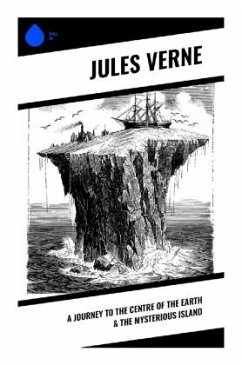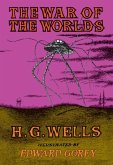In "A Journey to the Centre of the Earth" and "The Mysterious Island," Jules Verne masterfully intertwines scientific exploration with imaginative adventure, showcasing his pioneering role in the science fiction genre. These novels venture into the realms of discovery and human ingenuity, with the former unraveling the mysteries of our planet's interior through thrilling subterranean landscapes, while the latter depicts survival and ingenuity in an uncharted island setting. Verne's distinctive narrative style, marked by meticulous attention to detail and a flair for incorporating real scientific principles, invites readers to engage with the fantastic while contemplating their own place within the scientific age of the 19th century. Jules Verne, often heralded as the father of science fiction, was deeply influenced by the scientific advancements of his time, as well as his own explorations and love for travel. His experiences in the Parisian literary circles and burgeoning industrial world fueled his imagination, allowing him to create richly textured worlds that reflect contemporary anxieties and aspirations about the unknown. Through these tales, Verne not only entertained but also educated his audience, inspiring future generations of scientists and adventurers alike. I highly recommend both works for readers seeking to immerse themselves in exhilarating narratives that challenge the boundaries of reality and showcase humanity's relentless pursuit of knowledge. Verne's timeless storytelling and visionary concepts render these novels essential reading for anyone interested in the origins and evolution of science fiction as well as the enduring allure of exploration.
Bitte wählen Sie Ihr Anliegen aus.
Rechnungen
Retourenschein anfordern
Bestellstatus
Storno








